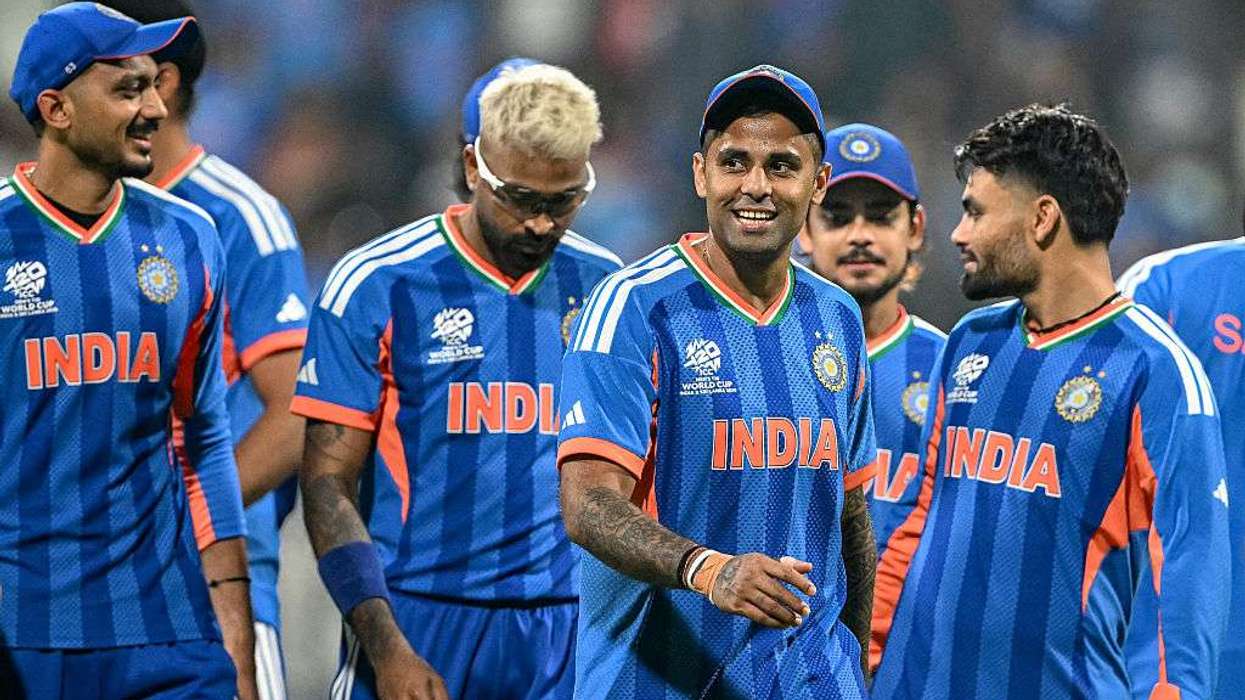MOST family doctors in Britain are finding it difficult to show care and understanding to their patients due to extreme tiredness and emotional strain, a troubling new survey has revealed.
The study, conducted by the Medical and Dental Defence Union of Scotland, found that seven in ten GPs are experiencing what experts call "compassion fatigue" - a state where they're too worn out to properly empathise with their patients' problems.
Dr John Holden, the union's chief medical officer, explained the situation, "Compassion fatigue is effectively a hidden, secondary trauma with symptoms that can ultimately make it extraordinarily difficult for family doctors to treat their patients."
The poll, which gathered responses from nearly 2,000 doctors across the country, showed that younger medical professionals aged 25-34 were the worst affected. GPs were found to be particularly at risk due to their constant exposure to patients' suffering and heavy workloads.
The findings paint a worrying picture of the NHS workforce's mental health. More than eight in ten GPs who reported having suicidal thoughts blamed their working conditions. Adding to their stress, many doctors faced abuse from frustrated patients throughout 2024, with 84 per cent experiencing verbal abuse and nearly a quarter dealing with physical confrontations.
Prof Clare Gerada, an expert in doctors' mental health, described the condition as being "characterised by a decreased ability to empathise and connect with patients, feelings of emotional numbness or detachment, and a sense of being overwhelmed by the job demands."
The situation appears to be affecting patient care, with almost half of the doctors worried that their exhaustion might lead to medical mistakes. Nearly two-thirds admitted it was hampering their ability to communicate effectively with patients.
Dr Latifa Patel from the British Medical Association responded to the findings: "Doctors' wellbeing shouldn't suffer from going to work, especially to such an extent that they're self-harming or considering suicide. GPs are at breaking point."
The survey also highlighted challenges for the government's NHS reform plans. Two-thirds of GPs reported feeling unprepared for health secretary Wes Streeting's proposed shift of healthcare services from hospitals to community settings.
The Department of Health and Social Care has responded by pointing to existing support measures, including mental health services for NHS staff and recent changes to reduce paperwork. They've also announced additional funding of £26 million for new mental health crisis centres and expanded talking therapy services.
The main causes of stress for doctors included long waiting times for patient care and dealing with complaints about treatment delays.
Prof Kamila Hawthorne, chair of the Royal College of GPs, noted that many family doctors were experiencing "moral distress" when unable to help patients due to factors beyond their control, such as poor housing and the cost of living crisis.
A Department of Health and Social Care spokesperson said, “The wellbeing of all those working in the NHS is vital, and extensive coaching support and practitioner mental health services are available for all staff.
“We are providing support for GPs to lessen their workload, through cutting red tape to reduce bureaucracy and reducing outdated performance targets – so they can spend more time with patients and doing the work that really matters.
“The budget also provided an extra £26m to open new mental health crisis centres and funding to provide talking therapies to an extra 380,000 patients.”
In the UK and Ireland, Samaritans can be contacted on freephone 116 123, or email jo@samaritans.org or jo@samaritans.ie.
(with inputs from AFP)





